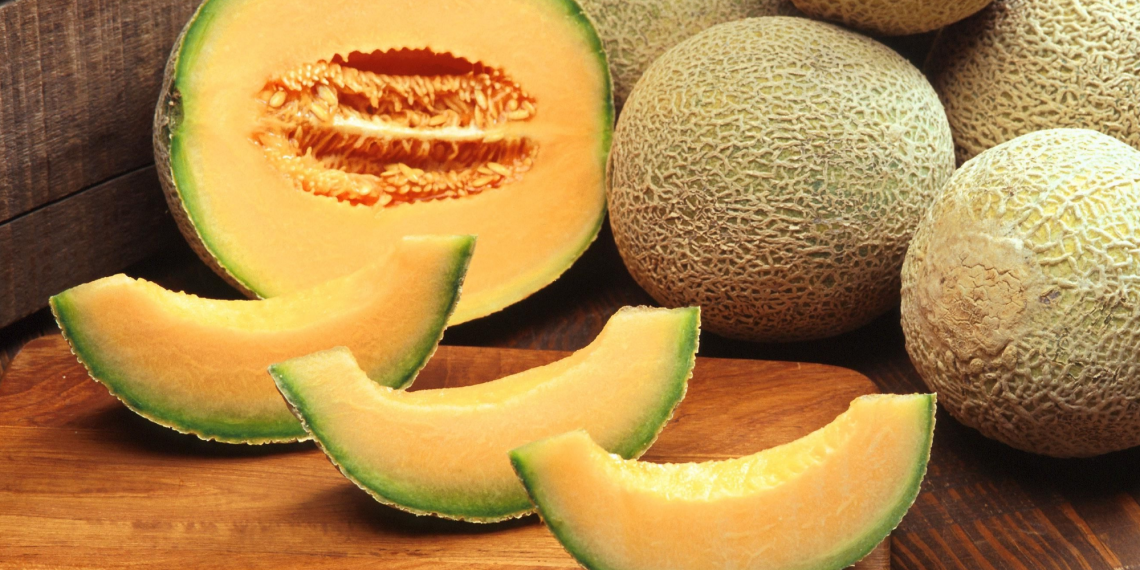
Melons,facts
Raw melons
- Melons originate from Africa and southwestern parts of Asia.
- Ancient Egyptians have been cultivated melons more than 4000 years ago.
- After they become widely spread and popular in Europe, melons were introduced to America by the Spanish settlers during the 15th and 16th century.
- Melons are closely related to pumpkins and cucumbers.
- There are numerous varieties of melons that differ in size, color and sweetness of the fruit.
- Best known varieties of melon are casaba, honeydew, Persian melon and cantaloupe.
- Melons are rich source of vitamin C, vitamin A, vitamins of the B group, and minerals such as potassium, manganese, iron and phosphorus.
- Melons are a rich source of carotenoids.
- Melons are made up of mostly water but also contain electrolytes that may hydrate you more effectively than just water alone.
- Once picked, melons will continue to ripen only for a few days.
- Keep uncut melons at room temperature for 2-4 days or refrigerate them for up to 10 days.
- To avoid bacterial contamination wash the melon under cool tap water before eating and use a clean knife for cutting it.
- Roasted and dried seeds are used as snack in the African and Indian culture.
- Almost all parts of melon (fruit, seed, leaves and roots) are used in traditional Chinese medicine.
- Some people may experience allergies to melons.


 Bulgarian
Bulgarian